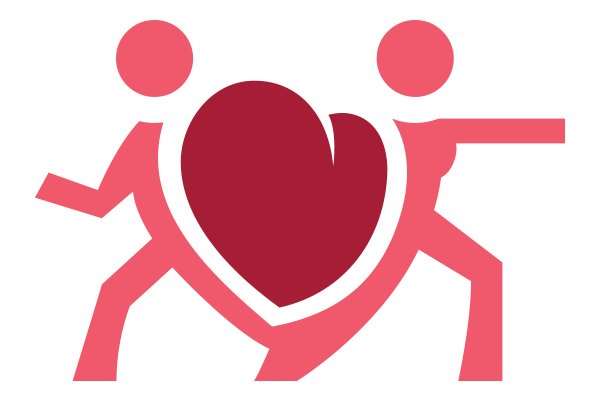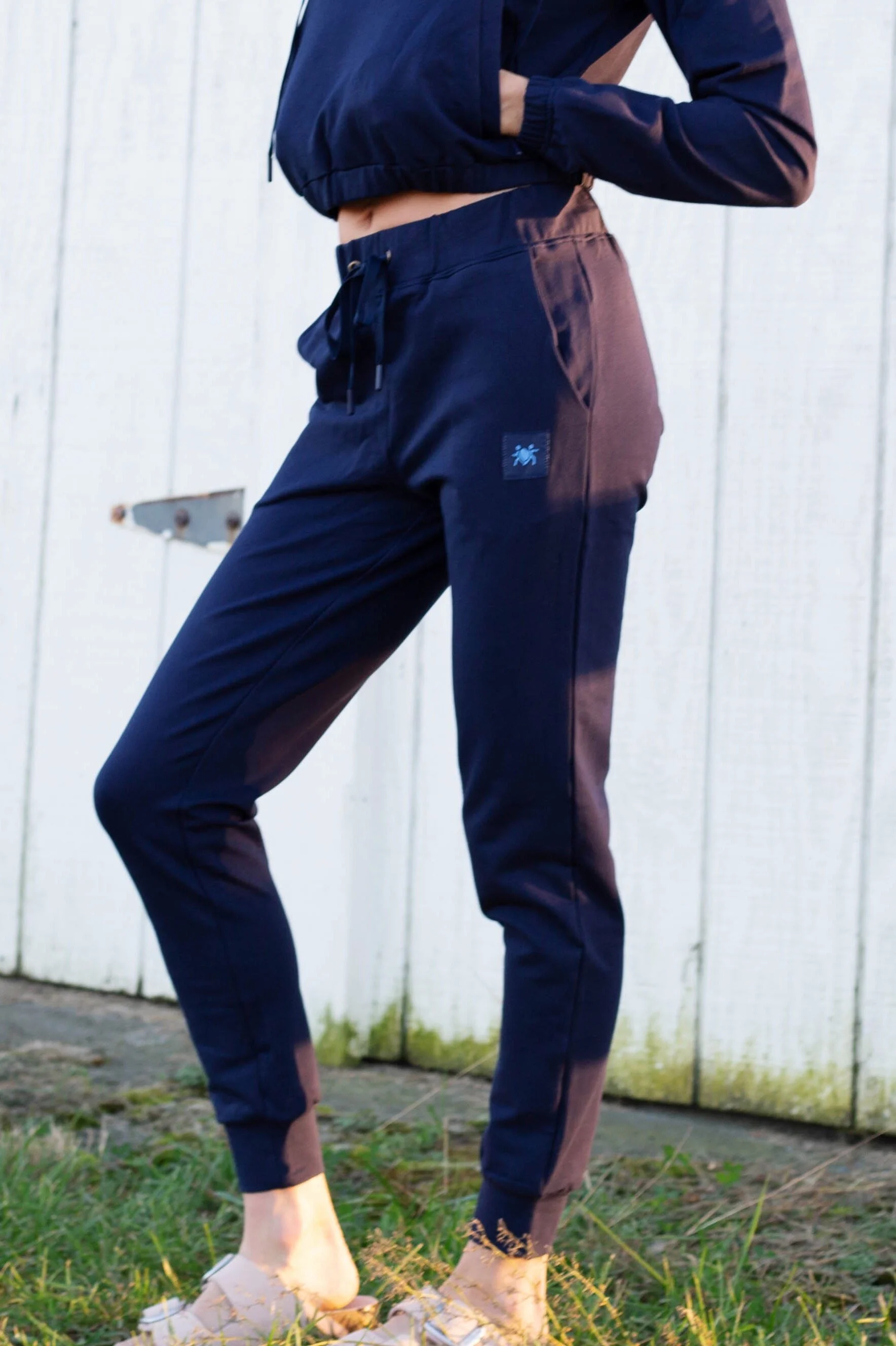On Enjoying the Post-Season Break
There was a time, mainly in college, when I really disliked—nay, hated—the post-season break.
This was due mostly to three main reasons:
As a collegiate varsity athlete, so much of my daily life revolved around practice that I just felt really adrift without that structure. If you are a collegiate varsity athlete, your day centers around your practice.
I was (wrongly) convinced that I would lose an exorbitant amount of fitness during my week off or however long my break was. This was rather anxiety-producing—on top of already feeling like something was missing from my day without my workout.
The longer the break went on, the more I noticed that I started to just get really cranky and kind of sad—workouts really do have an effect on how you feel mentally too!
Really, the post-season break—in college, for me—was just a no fun zone of compounding adverse effects: missing practice structure which otherwise was a touchstone of my day, worrying I would lose all speed that I had worked so hard for (especially as a walk on, a position which I think intensifies those kinds of feelings), and then also feeling quite frankly a little depressed just because I was moving a whole lot less than usual. The break, in other words, made me feel unmoored from all the usual things that made me happy. It also probably didn’t help that the break usually coincided with finals week!
You Actually Do Need a Break
This blog post is for those younger runners (or any age of runner honestly, though I am thinking of my younger self in writing this!) who may feel no small sense of anxiety when it comes to a running break: take it from me, I promise you actually DO need a break, and you will NOT lose any amount of real fitness during your one to two weeks off from running at the end of a season.
Sometimes you really just need someone to tell you that it is okay to take a break, so, to whoever reading this needs to hear that: it is really ok to take a break! I PROMISE!
In fact, taking a break is just as important as your biggest speed session or workout leading up to your biggest race of the season: you really do need that downtime to grow, to allow your many systems of your body to reset—trust me when I say you probably don’t even know how much you actually do need that reset—and to allow yourself to rejuvenate, and thus start the next running season, not beat up, but ready for action.
Taking a break allows your body to fully recover and to grow to your full long-term potential. And if you are reading this thinking, “yes, yes, that is all fine and dandy, but how do I actually mentally enjoy this break?”—hang tight as I will get to that in a paragraph, but also just take a step back and remind yourself that an adequate recovery period postseason leads to PRs in the next! Tell the same part of your brain that wants to work out to get stronger, that you can do that hard work more easily if you approach your work really READY to work.
Small Breaks Lead to Longevity in the Sport
The older and wiser I get, the more I really, really, really enjoy that post-season break. After every marathon I run, I take two weeks totally off from running. I have now been running post-collegiately for almost 14 years, and I just PRed in the mile, 5k, and 10 mile in the past year. I 1000% attribute some of this success to my really soaking up that downtime at the end of the season. If you need more convincing that this is good for you, just think about your weekly routine: if you did a hill workout or a long run or a track workout every day of the week, you would probably expect to feel less than your maximum awesomeness after no short time. Similarly, you can’t be pounding your body with the same weekly intensity for the entire season or year and expect to feel your best self after a few too many months of this.
How to Mentally Negotiate a Break & Use Cross-Training Appropriately
But… how do I deal with the anxiety of not running? Answer: ok, so, let me say first, that I totally understand where you are coming from, because I find that I am especially sensitive from a mental happiness perspective to not working out. Everyone’s brain is different, and I know that I operate much better with a good endorphin dose than just sitting at my desk all day and not moving.
Here is where you actually get to have fun though!! Instead of running, during your break, you can now go do other workouts and active recovery that you otherwise would not be able to do during the middle of your season! (Note: this does NOT mean that you elliptical 2 hours a day or something equivalent!) During my post-season, I just swim, and adjust my workouts to however I am feeling each day—this keeps my brain from feeling kind of off, and I honestly just love swimming so it is easy to replace my runs with that kind of workout.
By the way, this is also why it is great to integrate a form of cross-training that you actually enjoy into your regular season repertoire: then in the offseason or times of injury, you will have something to turn to that will help both your body and your mind out AND that activity will come very naturally to you instead of feeling super different from what you usually do! Sometimes I swim easy, sometimes I swim hard, but I just adjust to each day and above all else, I HAVE FUN. I am splish splashing around in that pool LOVING MY LIFE. When I swim during breaks, I usually have such a blast that I actually could care less that I am not running! (My college self just gasped, but it is true!)
Along those same lines of having fun in the off-season, you should also allow yourself your break as a time to stay moving in fresh ways, whether you try a Zumba class or hop on a spin bike or go to the pool or even just do a really intense house cleaning session. In my most recent post-season break, I di a few short hikes through the woods to the coffee shop and back! Keep yourself moving and loose, but just in moderate doses as you feel. This is also a good time to do some yoga! Side story: right before I went to London in 2012, I had fallen in a hole in a field after a half marathon here in the U.S. Upon my arrival in the U.K., my foot suddenly decided to not cooperate with me at all. This, though I did not know it at the time, was 10000% the best thing that could have happened to me: I took two weeks off and just went to a new yoga class every day and learned a ton! Once I did start running, I really did feel stronger than ever! So, who knows, your break may also be a breakthrough!
Checking in with the Little Things
Breaks, I have found, are also a good time to check in with the “little things” as we runners like to call them: those smaller little exercises and stretches and the foam rolling that may have dropped by the wayside a bit during the mid-season buildup or when you were racing a lot. Here is where you can make mental or real notes about what exercises and stretches your body most needs to keep up with throughout the season—take care of any little niggles during this time, and develop a plan to keep them from coming back when you really want to be running hard and healthy. If you notice one side is tighter than the other, this is a good time to start to even that out! I also highly recommend yin yoga as a way to just reset and relax: here is the whole Yin Yoga section of Runners Love Yoga TV if you need some inspiration and guidance!
And Above All, Let the Break be a Break!
Also be sure that during your break, you really take a break! So, your overall training volume, even with your cross-training, should not be going anywhere near your max mid-season volume. Listen to your body here, adjust accordingly, and just be sure to have fun, whatever you are doing. Soon enough, the weeks will tick by, and you will find yourself in the midst of hardcore training once again (taking a second to remember this during your break is a good way to ensure your break is a break!).
In the midst of the upcoming season, you want to feel like you are strong and coming from a place where you got yourself to a “full charge,” rather than trying to do advanced work with a dying battery (to use a relatable phone analogy here). Resting hard allows you to work hard, and to tap into your full potential as a healthy, happy, strong athlete in the upcoming season and all those to follow. Soak up that break, and own the breakthroughs that will follow!












